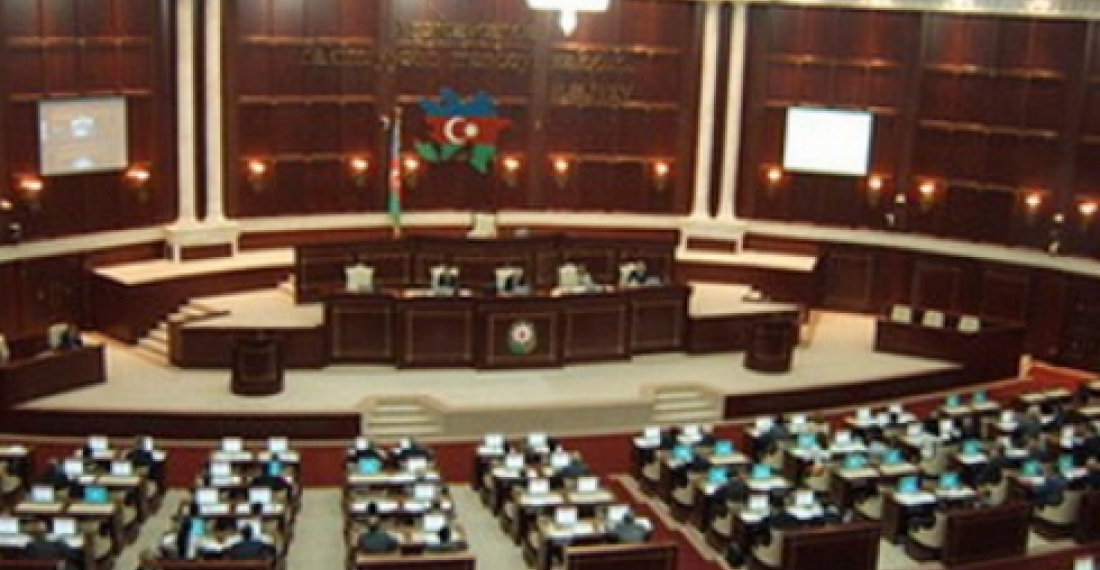In another sign of Azerbaijan's displeasure at the work of the OSCE Minsk Process the Azerbaijan Parliament today passed a resolution instructing its delegation to the OSCE Parliamentary Assembly to push for the co-Chair to appear before the assembly and report on progress in the Nagorno Karabakh peace process. The co-Chair of the Minsk Process are diplomats from France, Russia and the United States. The Minsk Process is the mechanism designated by the international community to try to find a solution to the Nagorno-Karabakh conflict.
Azerbaijani politicians have often criticised the work of the OSCE Minsk Process, but in recent weeks this criticism has become more vocal. Azerbaijan seems to be particularly displeased with some of the opinions expressed by the recently appointed US co-Chair of the Group, Ambassdor JamesWarlick.
So far both President Aliyev and Foreign Minister Mammadyarov, the two persons who deal with the co-chair on a regular basis, have been more cautious in their criticism, but today's resolution by the Azerbaijani Parliament is a further sign of the current difficulties.
source: commonspace.eu







